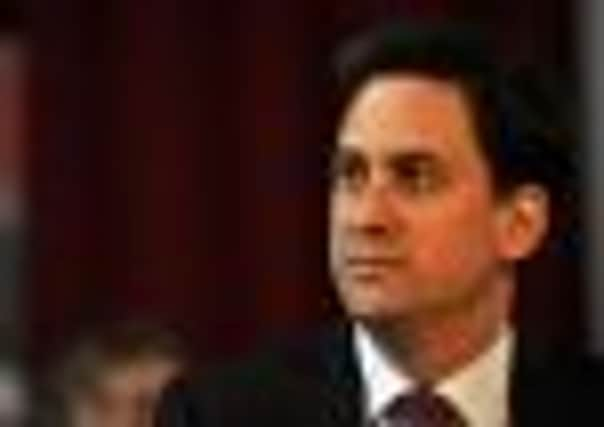Tanker drivers strike: Plan for fuel shortages, Downing Street says


Unite wrote to Energy Secretary Ed Davey yesterday setting out its case for minimum standards in the industry, covering pay, hours, holiday and redundancy arrangements.
Workers in five of seven companies involved in the row have voted in favour of strikes, raising the threat of walkouts over Easter, when millions of families take to the roads for the first major holiday of the year.
Advertisement
Hide AdAdvertisement
Hide AdUnite represents around 2,000 drivers, who deliver fuel to Shell and Esso garages as well as supermarkets such as Tesco and Sainsbury’s, covering 90 per cent of the UK’s forecourts.


Assistant general secretary Diana Holland said in her letter: “We have been tireless in seeking talks to avoid industrial action, but we have been frustrated at every turn.
“The government can help avoid confrontation by bringing to the table all the stakeholders in the downstream oil distribution sector – employers, oil companies, retailers and the trade union with an agreement to establish minimum standards in a timely fashion.”
Downing Street earlier urged Unite and oil companies to hold talks to prevent a strike, as ministers met to draw up contingency plans to keep services moving.
Prime Minister David Cameron and his Cabinet were yesterday briefed on plans to put military personnel on an eight-day training course to take the place of striking drivers behind the wheel of commercial tankers.
But Downing Street said the training has not yet started, as talks with companies continued.
Asked whether motorists would be well-advised to rush to the petrol stations and fill up their tanks in the wake of last night’s vote for industrial action, a Number 10 spokeswoman said: “I think people should draw their own conclusions.”
She added: “Businesses and those who rely on vehicles for their work should ensure contingency plans are in place. It is always prudent.”
Advertisement
Hide AdAdvertisement
Hide AdThe spokeswoman said that the government was sending out a “strong message” to both sides in the dispute that they should “get round the table and discuss this, because a strike and the disruption that would follow is in nobody’s interests, particularly the UK economy’s”.
Around 2,000 members of the Unite union at seven companies were balloted for the first national campaign of action for over a decade, with those at five firms backing walkouts.
The union said strikes were supported by an average of 69 per cent in the five firms, which also deliver to supermarkets such as Tesco and Sainsbury’s. Unite drivers supply fuel to 90 per cent of the UK’s forecourts and the union said a strike could close up to 7,900 petrol stations.
Cabinet Office minister Francis Maude briefed colleagues on the government’s preparations to deal with any strike at the weekly meeting of Cabinet, which followed a meeting of senior ministers from the departments of Transport, Energy and Environment, the Home Office and the Ministry of Defence.
Mr Maude said the government had “learnt the lessons” of the previous disruption to petrol supplies in 2000, when pumps ran dry around the country, and was putting plans in place to keep Britain moving, but acknowledged that there was still “more work to be done”.
Labour leader Ed Miliband said a strike should be avoided “at all costs” and urged both union and company chiefs to get round the table and negotiate.